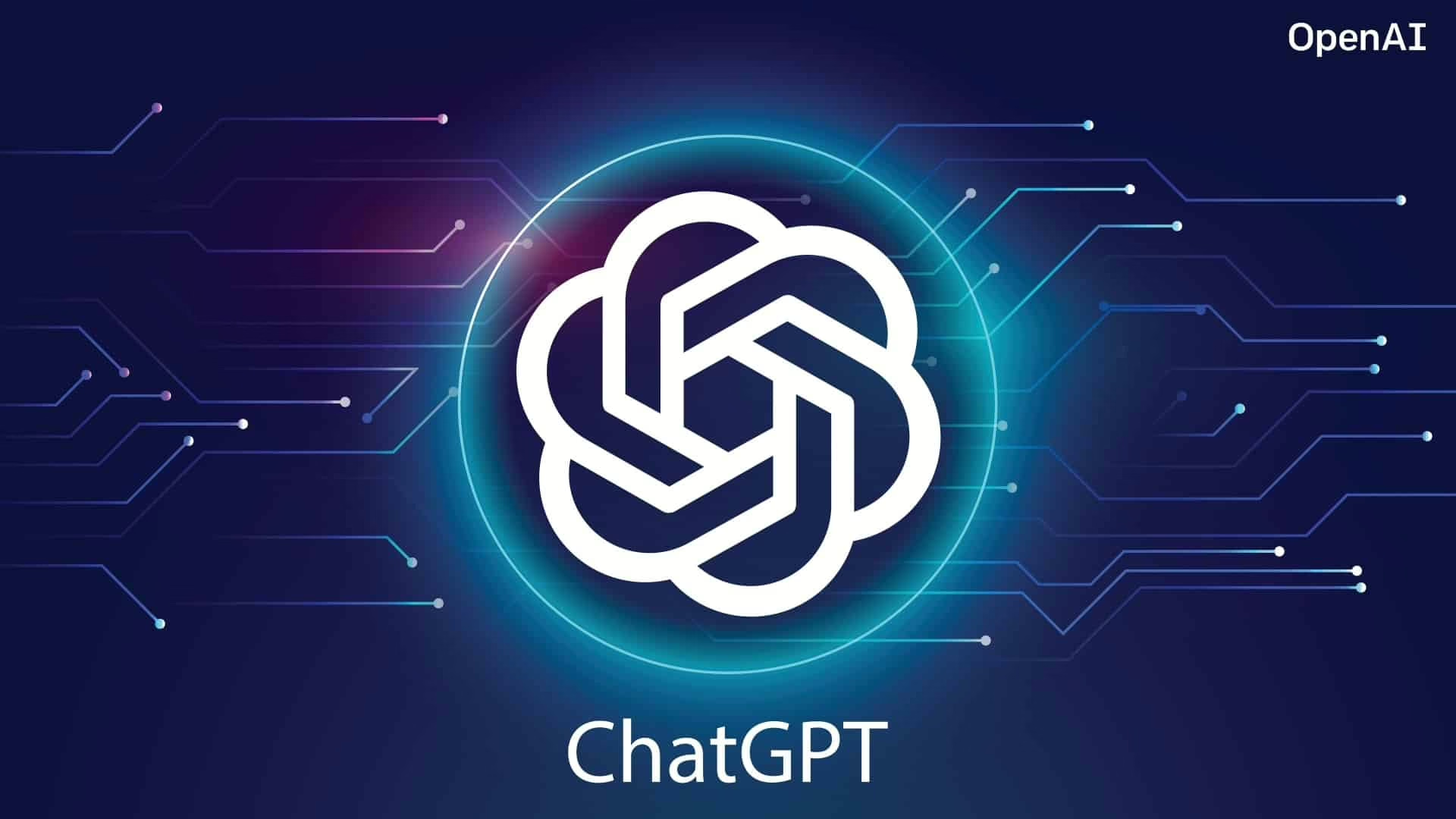
Google in the Spotlight: Innovation, Controversy, and the Next Digital Frontier
Google’s relationship with innovation is complicated. The tech giant builds groundbreaking tools, then kills them off when something shinier comes along. Sound familiar? If you’ve been tracking the broader tech landscape, this pattern extends far beyond Mountain View. It’s playing out across AI development, blockchain protocols, and even crypto exchanges that pivot strategies faster than traders can keep up.
Recent developments around Google reveal a company caught between its innovative instincts and growing accountability pressures. For developers, investors, and tech enthusiasts watching from the sidelines, these tensions offer valuable insights into where the digital economy is headed.
When Innovation Meets Abandonment
Remember Picasa? Google’s photo organizer was beloved by millions before the company shuttered it in favor of Google Photos. This week, a Hacker News discussion brought back memories of Google’s graveyard of discontinued projects. Developers shared stories about tools they’d built integrations around, only to watch Google pull the plug.
This isn’t just nostalgia talking. The pattern reflects a broader challenge in today’s tech ecosystem. Whether we’re talking about Google’s product strategy or the way crypto protocols evolve, the pace of change often leaves users and developers scrambling to adapt. The difference? Open-source alternatives like SyncThing don’t disappear overnight because a company decides to change direction.
What can we learn here? Developers are increasingly favoring tools and platforms that prioritize long-term stability over flashy features. It’s a lesson that extends beyond traditional tech into decentralized systems where community governance, not corporate whims, determines a project’s future.
Privacy Under the Microscope
Google’s privacy troubles took a fresh turn in October when a jury sided against the company in a case involving app and web data transparency. The verdict focused on Google Analytics for Firebase, questioning whether users truly understand how their data flows through Google’s ecosystem.
For developers building in the crypto and blockchain space, this ruling carries extra weight. Privacy isn’t just a regulatory checkbox anymore. It’s becoming a competitive advantage. While Google fights legal battles over data transparency, blockchain projects are building privacy by design into their core architecture.
Think about it this way: when users can’t trust how traditional tech giants handle their data, where do they turn? Increasingly, they’re exploring decentralized alternatives that put control back in their hands. The jury’s message was clear. Users deserve transparency, not just sophisticated privacy policies they can’t understand.
Antitrust Battles Shape the Future
Google’s legal challenges don’t stop at privacy. The company’s search dominance continues to face scrutiny, particularly its default search arrangement with Apple. A recent federal court decision rejected efforts to reopen a conspiracy lawsuit, but the broader questions about market concentration remain.
Here’s where it gets interesting for the tech community. These antitrust pressures aren’t just about Google and Apple. They’re reshaping how we think about platform power across the entire digital ecosystem. When a few companies control the gateways to information, innovation, and commerce, what happens to competition?
The implications extend to crypto and blockchain development. As regulators scrutinize centralized tech platforms, decentralized alternatives gain appeal. Why rely on gatekeepers when you can build on open protocols? It’s a question more developers are asking as they watch traditional tech companies navigate increasingly complex legal landscapes.

Infrastructure Investments Signal Long-Term Vision
Despite its legal headwinds, Google isn’t slowing down its global expansion. The company’s $10 billion data center investment in India signals confidence in emerging markets and the growing demand for cloud infrastructure.
This move matters for several reasons. First, it demonstrates how physical infrastructure remains crucial even in our increasingly digital world. Second, it highlights the strategic importance of data localization as countries implement stricter data sovereignty requirements.
For the crypto community, Google’s infrastructure investments offer both opportunities and challenges. On one hand, better cloud infrastructure supports blockchain node operators and DeFi protocols that need reliable, low-latency connections. On the other hand, concentration of infrastructure in the hands of a few major cloud providers creates potential points of failure for supposedly decentralized systems.
The AI Evolution Continues
Google’s hardware updates might seem mundane, but they reveal something important about the company’s AI strategy. The Nest Mini and Audio speakers are getting Gemini-powered updates, complete with new light animations and colors.
Why does this matter? Because it shows how AI is moving from the data center into everyday devices. This “ambient computing” trend has massive implications for how we interact with technology. Instead of explicitly commanding our devices, we’re moving toward a world where AI anticipates our needs and responds accordingly.
The crypto community should pay attention to this shift. As AI capabilities become more sophisticated, they’re creating new possibilities for automated trading, smart contract optimization, and decentralized autonomous organizations. The question isn’t whether AI will transform crypto, but how quickly and in what ways.
What This Means for Tech’s Future
Google’s current challenges and investments paint a picture of a company, and an industry, in transition. The tech giant is betting big on global infrastructure and AI capabilities while simultaneously fighting legal battles over privacy and market dominance.
For developers, traders, and investors in the broader tech ecosystem, these developments offer important signals. The regulatory environment is tightening, pushing companies toward greater transparency and accountability. Infrastructure investments are accelerating, creating new opportunities for innovative applications. And AI capabilities are advancing rapidly, opening up possibilities we’re only beginning to explore.
The lesson? Whether you’re building the next DeFi protocol or launching a tech startup, you need to consider not just technical capabilities but also regulatory compliance, user privacy, and long-term sustainability. The companies that succeed in this environment will be those that can balance innovation with responsibility.
Google’s story is far from over. As the company navigates these challenges, its responses will help shape the broader tech landscape. Will increased regulatory scrutiny slow innovation or push it in new directions? Can tech giants maintain their dominance while addressing privacy and competition concerns? And how will emerging technologies like blockchain and AI reshape the competitive dynamics?
One thing’s certain: the next chapter of the digital economy will be written by companies that can adapt to changing expectations while continuing to push technological boundaries. Whether that’s Google, emerging crypto protocols, or entirely new players remains to be seen.
Sources
- “Ask HN: Abandoned/dead projects you think died before their time and why?” Hacker News, 11 Oct 2025.
- “Jury Sides Against Google In Privacy Battle Over App Data,” MediaPost, 12 Oct 2025.
- “Google Commits More Than $10 Billion to Data Center in India,” Bloomberg.com, 14 Oct 2025.
- “Advertise Loses Bid For New Hearing In ‘Conspiracy’ Suit Against Google, Apple,” MediaPost, 17 Oct 2025.
- “Nest Mini and Audio lights switching to new Gemini colors,” 9to5Google, 16 Oct 2025.








































































































































